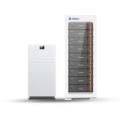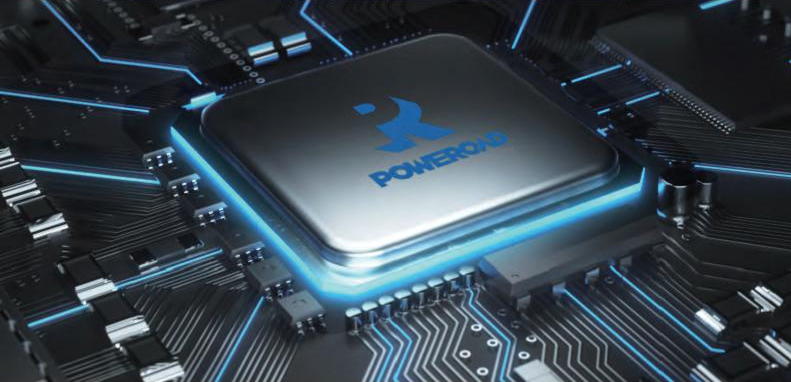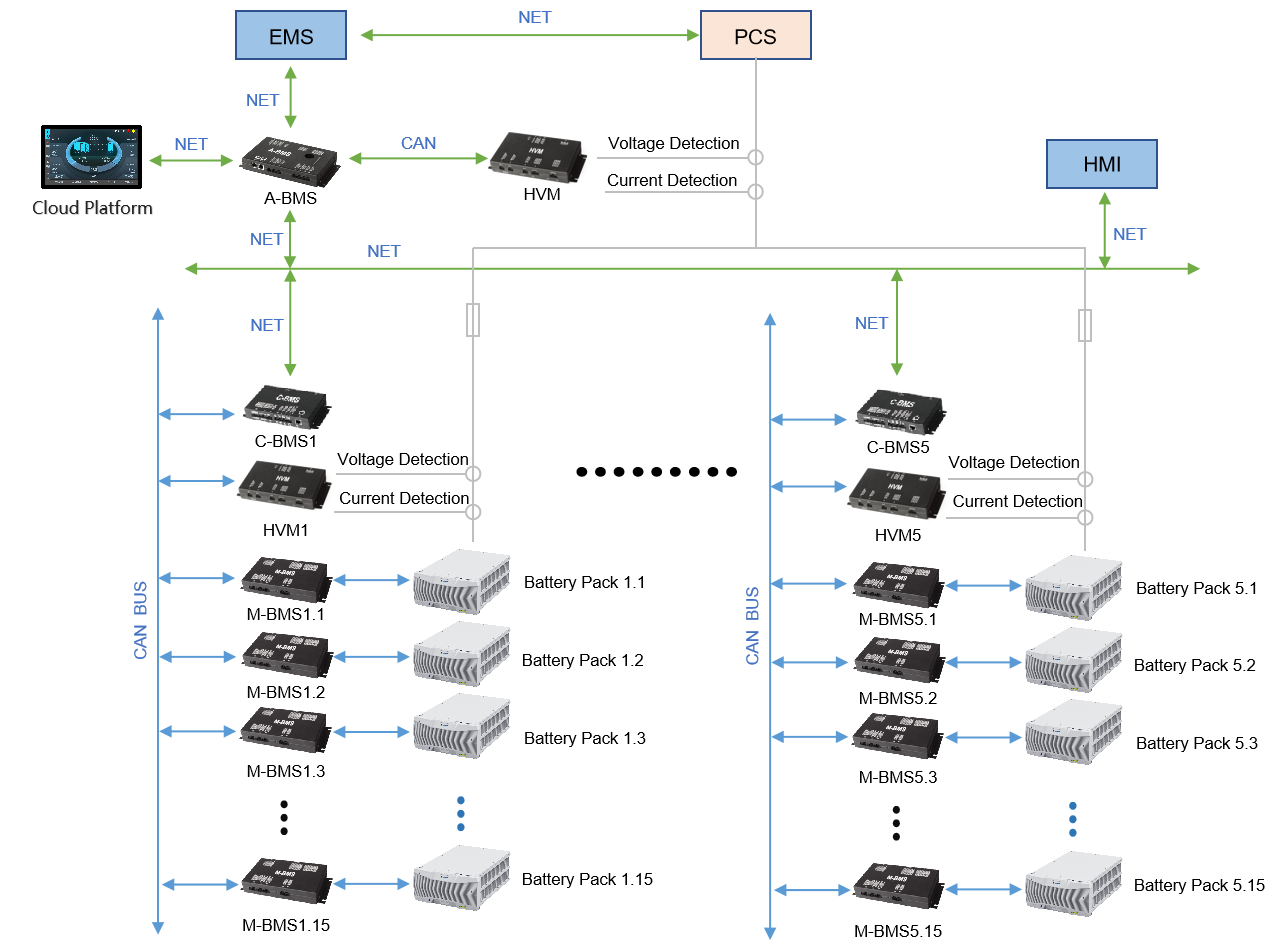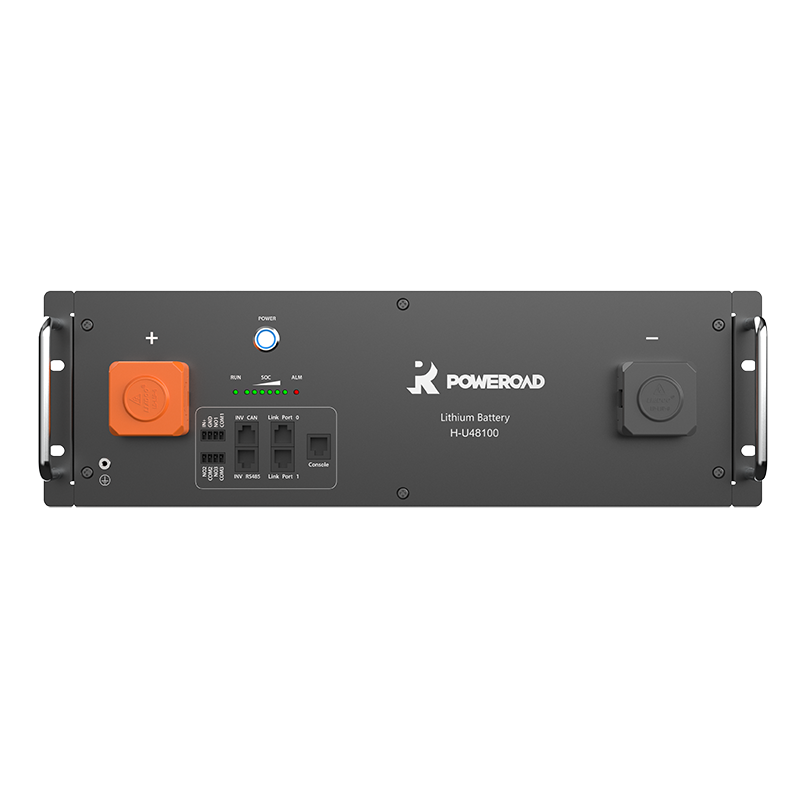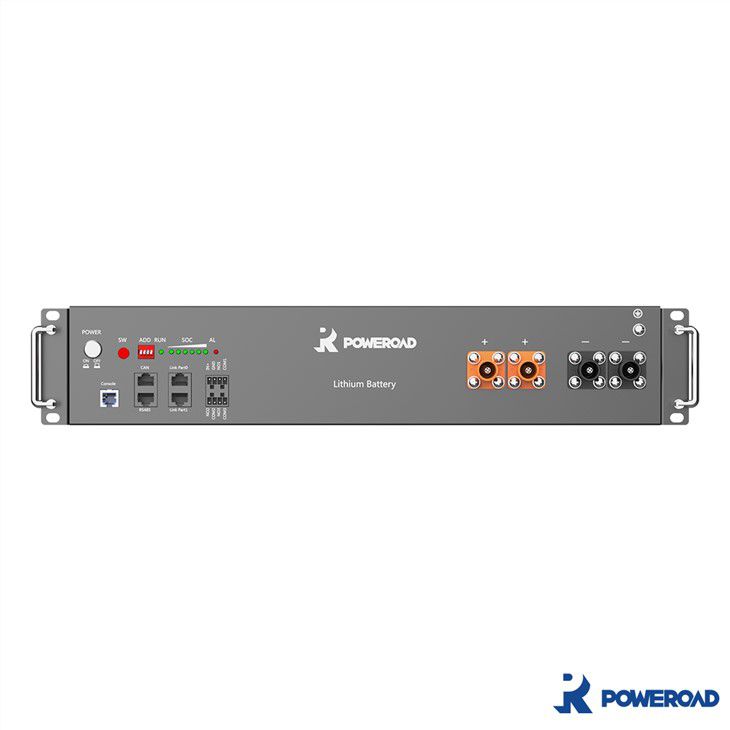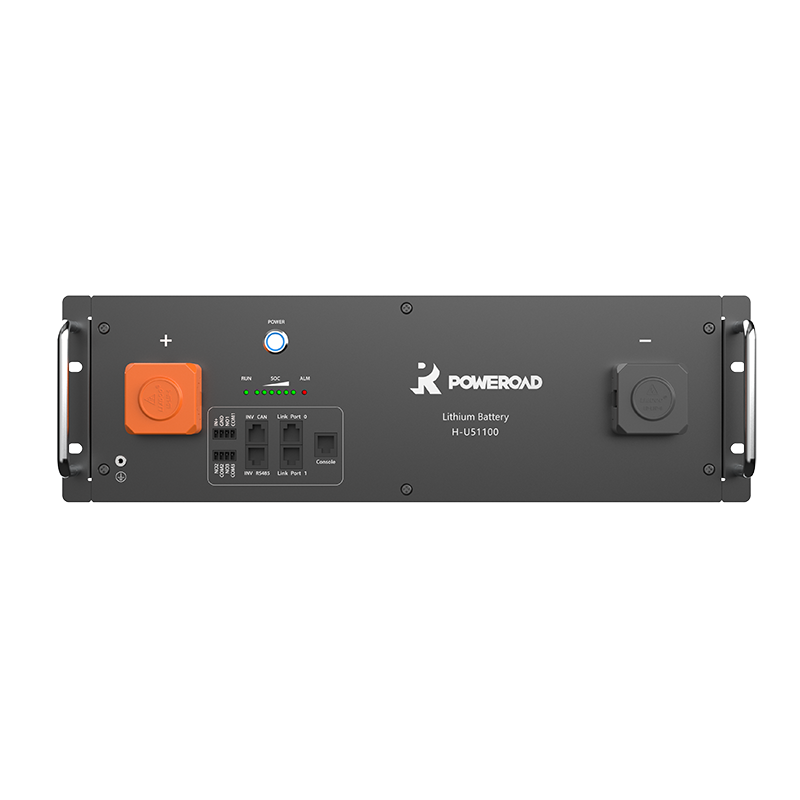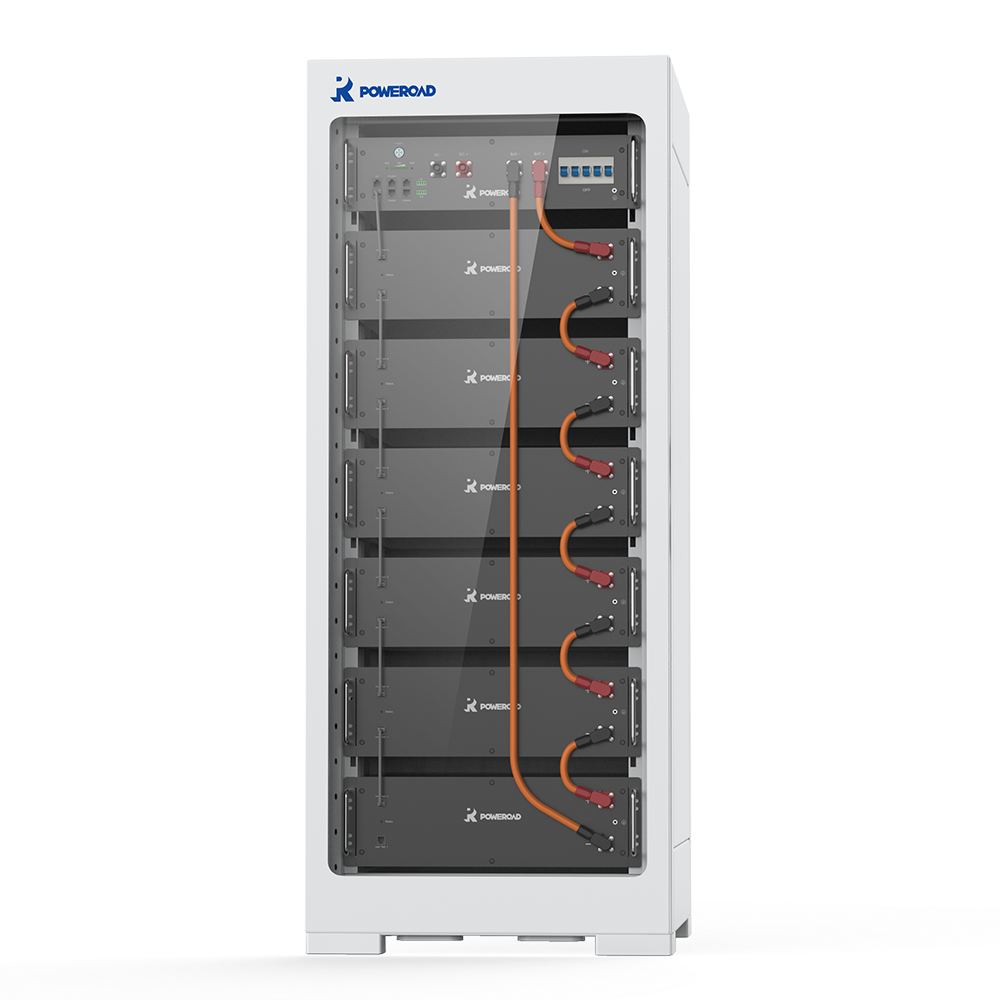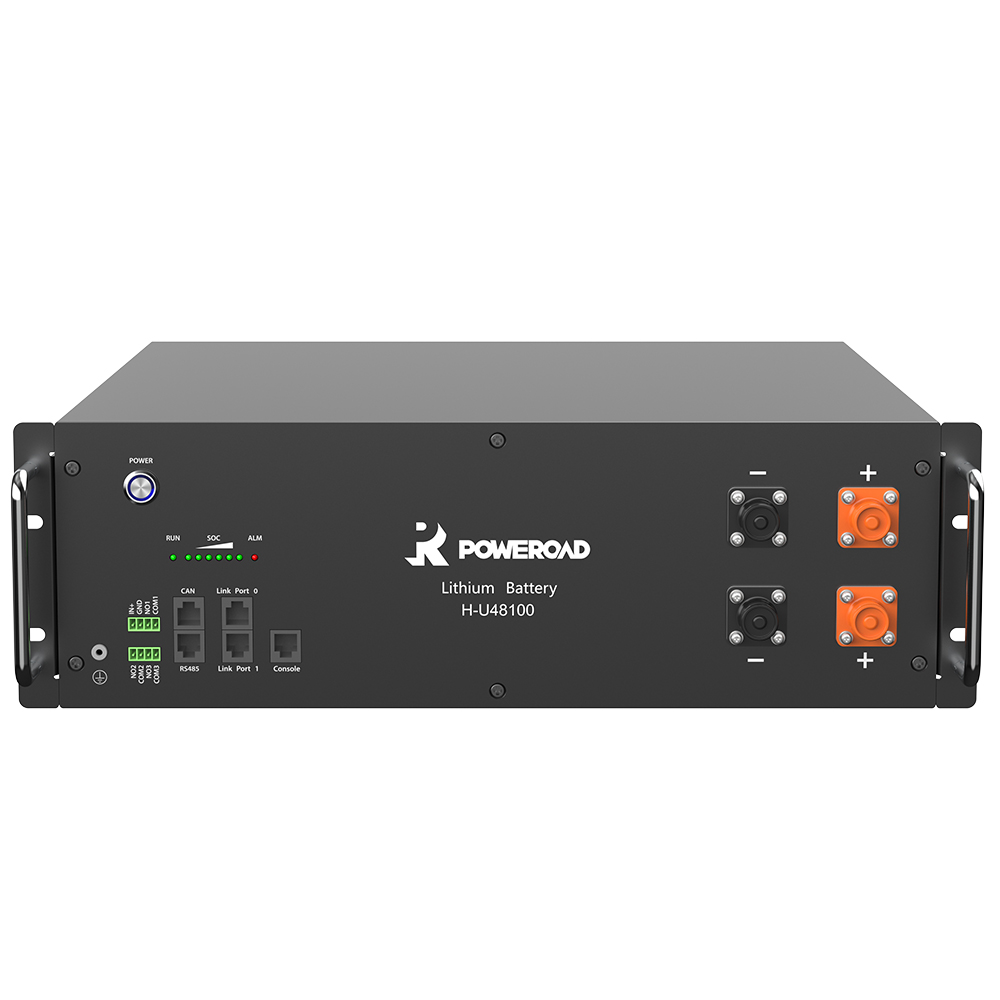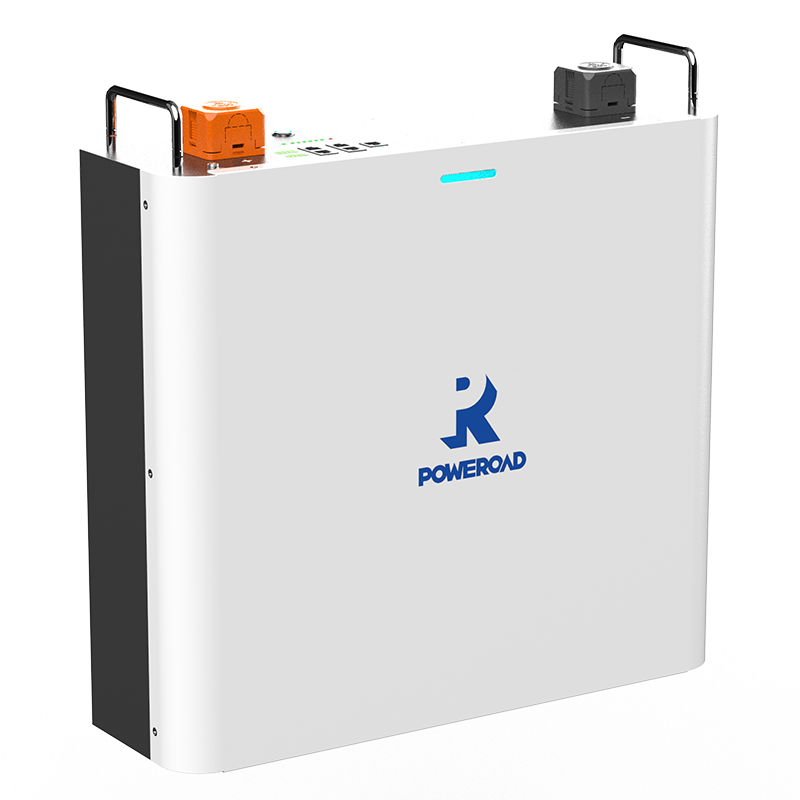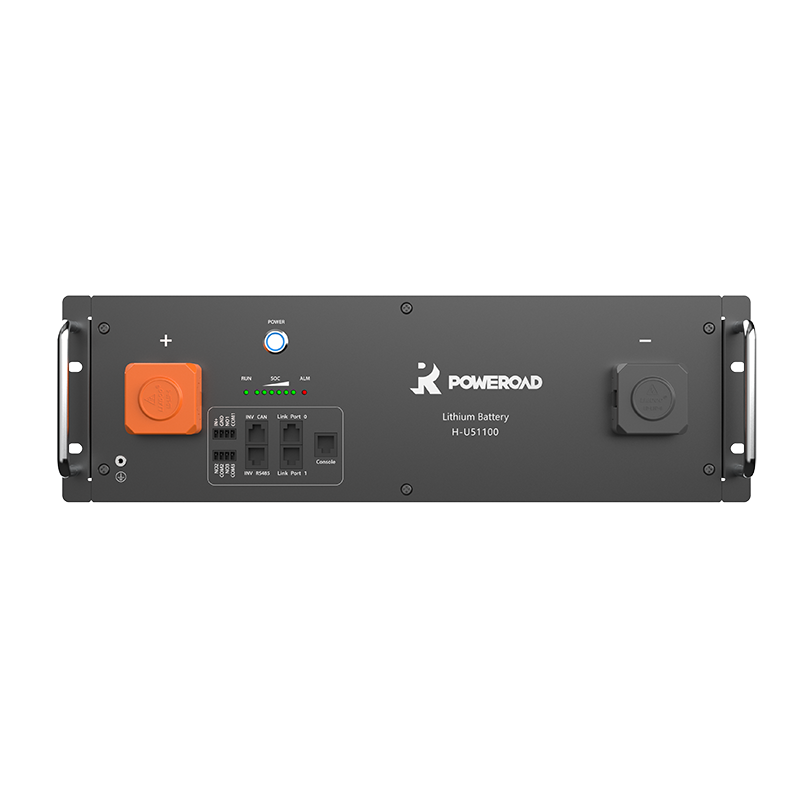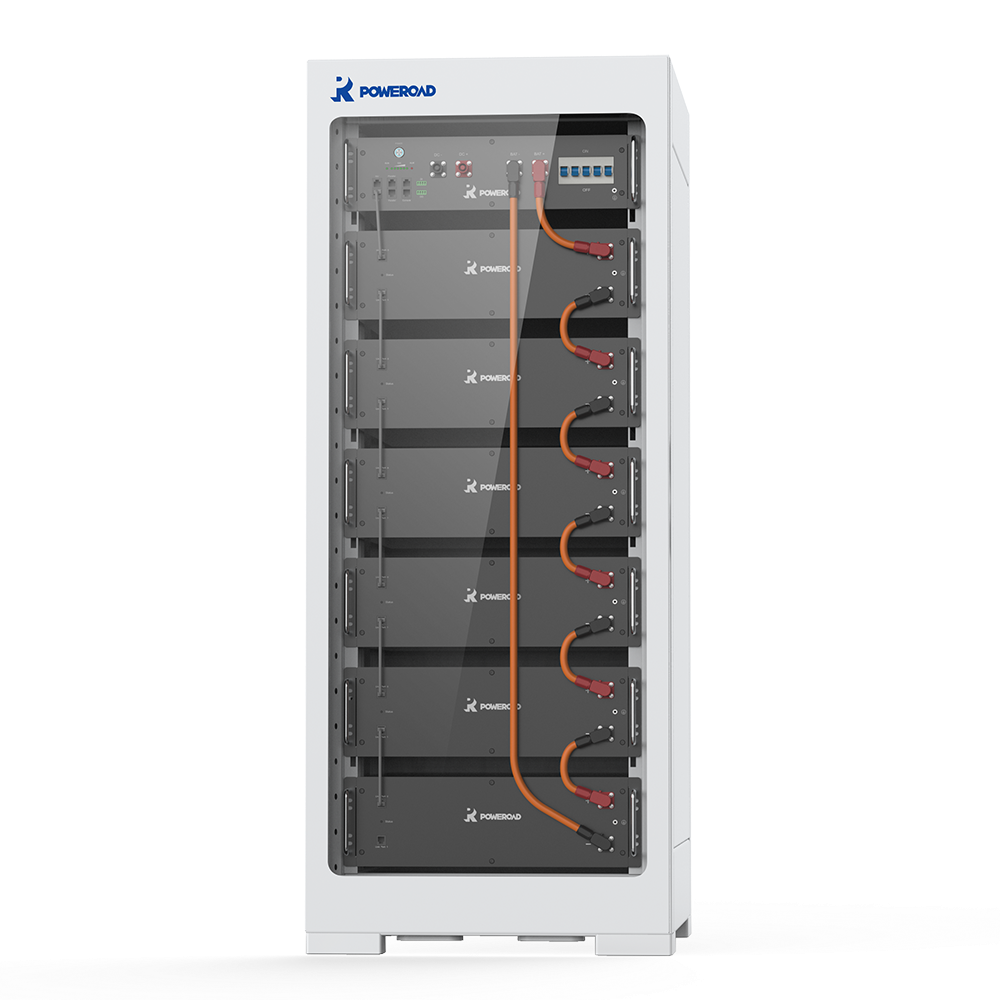The Battery management system (BMS) plays a crucial role in optimizing the performance and lifespan of batteries.
With the growing popularity of high-voltage and the large-capacity of the batteries, the consistency of the batteries undoubtedly have an impact on the energy storage system and cycle life. As you may know, the lifespan is determined by the consistency of the battery cells, as well as the manufacturing and the use environment.
The cost of the battery primarily includes the initial cost, the total life cycle cost, and the cost of operation and maintenance. The BMS helps reduce the cost of battery by prolonging the lifespan and reducing the maintenance. In addition, lengthening the lifespan also enhances the resource usage, which has a positive impact on social sustainable development.
Thus it can be seen that why the BMS is so important in the a battery system. The own-developed BMS will optimize the performance and the lifespan of the lithium-ion batteries to the maximum. It effects the battery system from following factors:
- Enhanced Efficiency: One of the primary advantages of owning a self-developed battery management system is the ability to optimize efficiency. By tailoring the BMS to specific battery chemistries and applications, it becomes possible to maximize energy utilization. The self-developed BMS incorporates advanced algorithms and control strategies, ensuring that the battery operates at high efficiency throughout its lifespan. This leads to improved overall system performance and reduced energy consumption.
- Cost-Effectiveness: Implementing a self-developed battery management system can also result in significant cost savings. By eliminating the need to rely on third-party BMS providers, businesses can avoid expensive licensing fees and ongoing support costs. Additionally, a self-developed BMS allows for better integration with existing systems, reducing the need for additional hardware or software modifications. This cost-effective approach enables businesses to allocate their resources more efficiently and invest in other critical areas of development.
- Customization and Flexibility: Another advantage of owning a self-developed battery management system is the ability to customize and adapt it to specific requirements. Off-the-shelf BMS solutions often come with limitations, as they are designed to cater to a wide range of applications. However, a self-developed BMS allows for complete control over the system’s functionalities to tailor it to customers’ unique needs. This customization and flexibility result in improved performance, compatibility, and scalability, ensuring that the BMS can be upgraded according to the requirements.
- Enhanced Reliability: Reliability is a crucial factor to the battery system, as any failure can lead to significant consequences. By developing self-owned BMS, the battery system can be ensured to meet the specific reliability standards. The technical team has full control over the design, testing, and validation processes throughout not only the hardware, but also the software, that minimizes the risk of system failures and maximizing overall reliability.
- Improved Safety: Safety is critical for battery systems. A self-developed battery management system allows battery system to prioritize safety by incorporating advanced safety features and protocols. These can include over-current protection, over-voltage protection, temperature monitoring, and short-circuit prevention. By tailoring the BMS to specific safety requirements, battery systems can be operated within safe range, and the risk of accidents or hazardous situations can be minimized.
In conclusion, owning a self-developed battery management system offers numerous advantages in terms of efficiency, cost-effectiveness, customization, reliability, and safety. By tailoring the BMS to specific requirements, the performance of battery system can be optimized from energy utilization, costs reducing, and overall system performance enhancement. The ability to customize and adapt the BMS ensures compatibility and scalability, allowing for future growth and development. Moreover, self-developed BMS solutions provide battery system with full control over reliability and safety, minimizing the risk of failures and accidents.
Related Products

